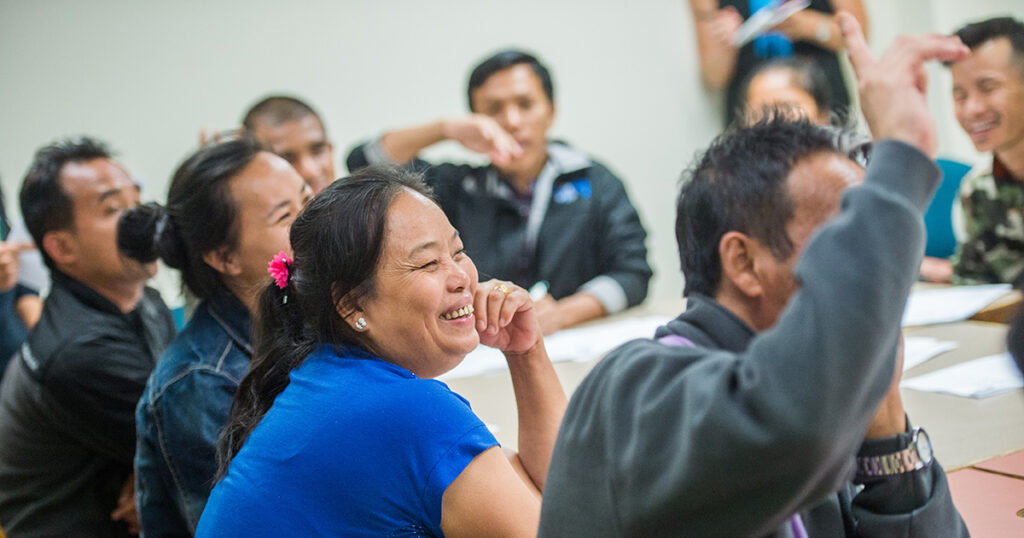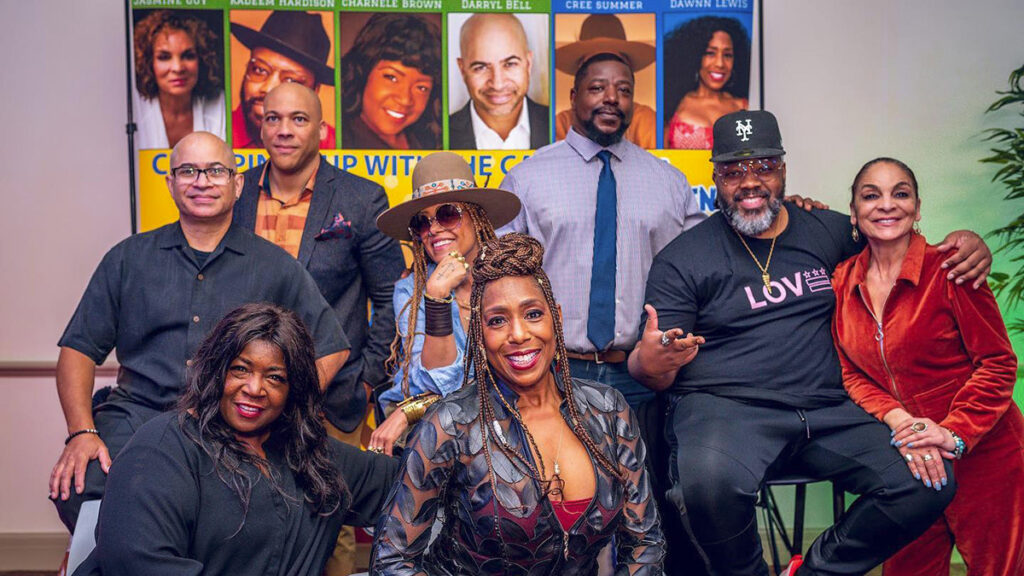
Walk into any public library, and you’ll find more than books—you’ll find people. Kids finishing homework at a study table. Parents and toddlers gathered for storytime. Job seekers fine-tuning their resumes on public computers. Neighbors swapping gardening tips at a community workshop. Libraries are centers for learning, connection, and opportunity, adapting to meet the needs of their communities by filling gaps in education, access to technology, and even basic necessities.
Libraries don’t work alone—they collaborate with organizations to bring vital resources to the community:

Proud Sponsor of the ALA Public Supporter Program
American Library Association • 225 N Michigan Ave, Suite 1300 • Chicago, IL 60601
| Cookie | Duration | Description |
|---|---|---|
| cookielawinfo-checkbox-analytics | 11 months | This cookie is set by GDPR Cookie Consent plugin. The cookie is used to store the user consent for the cookies in the category "Analytics". |
| cookielawinfo-checkbox-functional | 11 months | The cookie is set by GDPR cookie consent to record the user consent for the cookies in the category "Functional". |
| cookielawinfo-checkbox-necessary | 11 months | This cookie is set by GDPR Cookie Consent plugin. The cookies is used to store the user consent for the cookies in the category "Necessary". |
| cookielawinfo-checkbox-others | 11 months | This cookie is set by GDPR Cookie Consent plugin. The cookie is used to store the user consent for the cookies in the category "Other. |
| cookielawinfo-checkbox-performance | 11 months | This cookie is set by GDPR Cookie Consent plugin. The cookie is used to store the user consent for the cookies in the category "Performance". |
| viewed_cookie_policy | 11 months | The cookie is set by the GDPR Cookie Consent plugin and is used to store whether or not user has consented to the use of cookies. It does not store any personal data. |